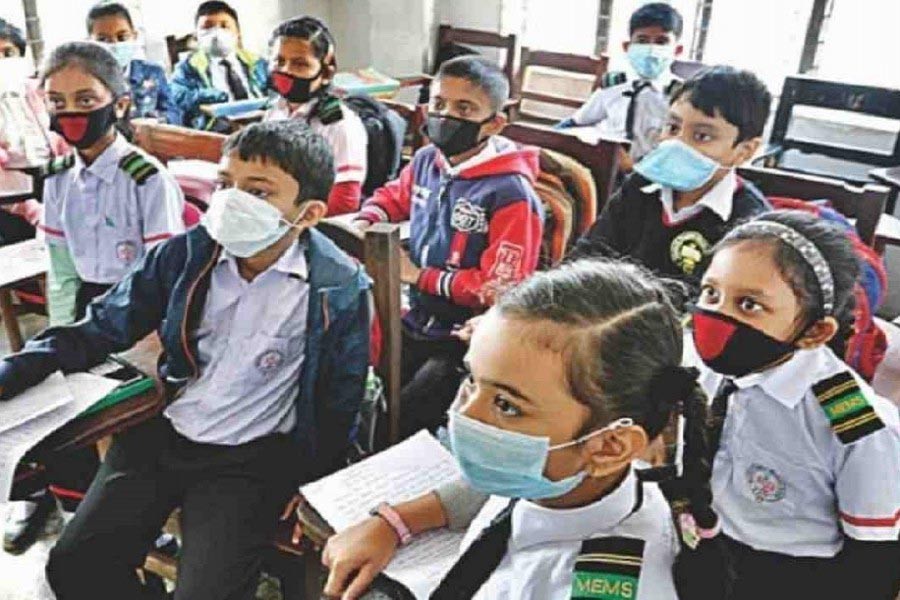On a passionate note on January 27, the United Nations Children's Fund (Unicef) urged the governments the world over to do everything in their powers to prevent the Covid-19's super spreader variant Omicron from wreaking further havoc with children's education. To the UN agency, no excuse, therefore, for keeping schools closed will be acceptable. Earlier on December 17, Unicef Executive Director Henrietta H Fore warned another spell of widespread school closures will prove disastrous for children. She argued that in an emergency warranting a shutdown, schools should be the last to close and the first to reopen. The longest the countries kept their schools closed the worst the catastrophic learning consequences child learners in particular suffered there. Uganda has the dubious distinction of enforcing the pandemic-related closure of schools for the longest period, nearly two years, in the world. Now the authorities fear that one-third of Ugandan students may never return to class. Worldwide 616 million students are currently affected by full or partial closure of schools.
Bangladesh also kept its educational institutions closed for one of the longest periods in the world. Like their counterparts in other countries, school students in general suffered learning regression or deficiency. But it is the children at the foundational level who have fallen the worst victim to school closure. There were times when schools in wider rural spaces -- free as those were from Covid-19 infection -- could remain open but all of those were ordered to close down. It is a fact that village schools lag far behind the better funded and managed town and city schools. An opportunity for village school to partially narrow the gap was thus missed. More concerning is the fact that children in villages never remained confined to four walls and their lack of access to online classes and idle time were responsible for leading them off-track from education and for many to lend their hands to support their families.
An entire generation will thus grow up with foundational weakness in learning. Many of the boys and girls -- particularly of poor families with none to help them -- who were supposed to learn letters, words, reading, numbers and simple arithmetic at school in an enabling environment, have suffered learning loss that cannot be recovered unless education is remodelled to have specially trained teachers to hold special classes. If the in-person classes are postponed indefinitely or for a long time, recouping the educational regression will never be possible.
Both parents and children also grudge the decision to keep schools closed for long. True, the threat is there. But the prevalence of Omicron is the highest in urban centres as yet. Bangladesh's vaccination programme should by now have covered all school teachers and staff. Those unvaccinated members of any school staff can be given the jabs on an emergency notice. Then there are other health protocols which together form the mitigation measure against the spread of the virus. The Unicef stresses execution of this mitigation protocol in order to keep schools open for in-person classes. For extra caution, the number of classes and even days of attendance can be reduced depending on the enrolment of students. In villages, classes can be held in school fields or other open spaces. If there's a will, there's a way.


